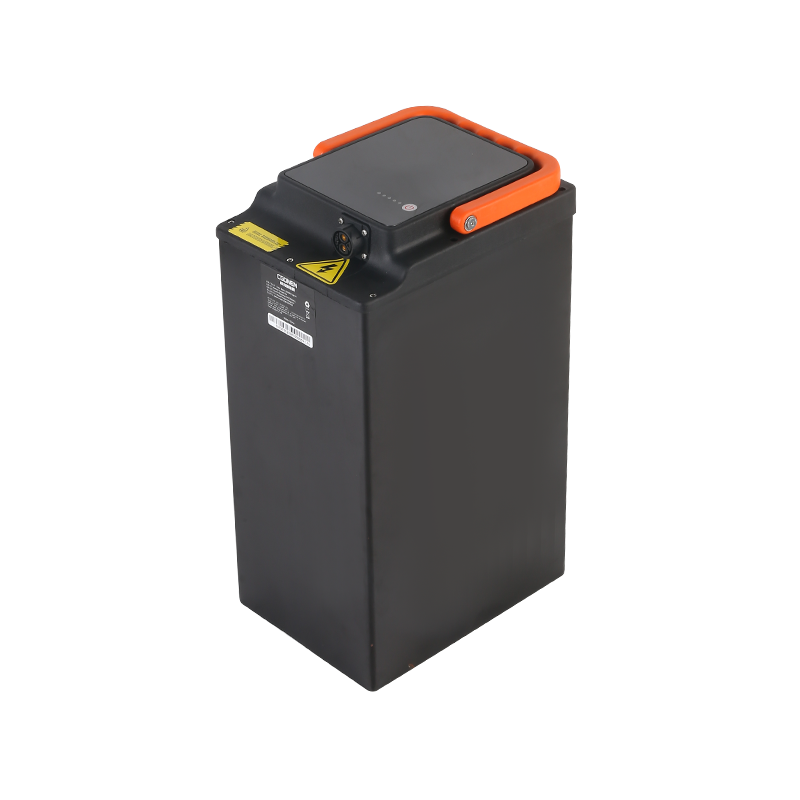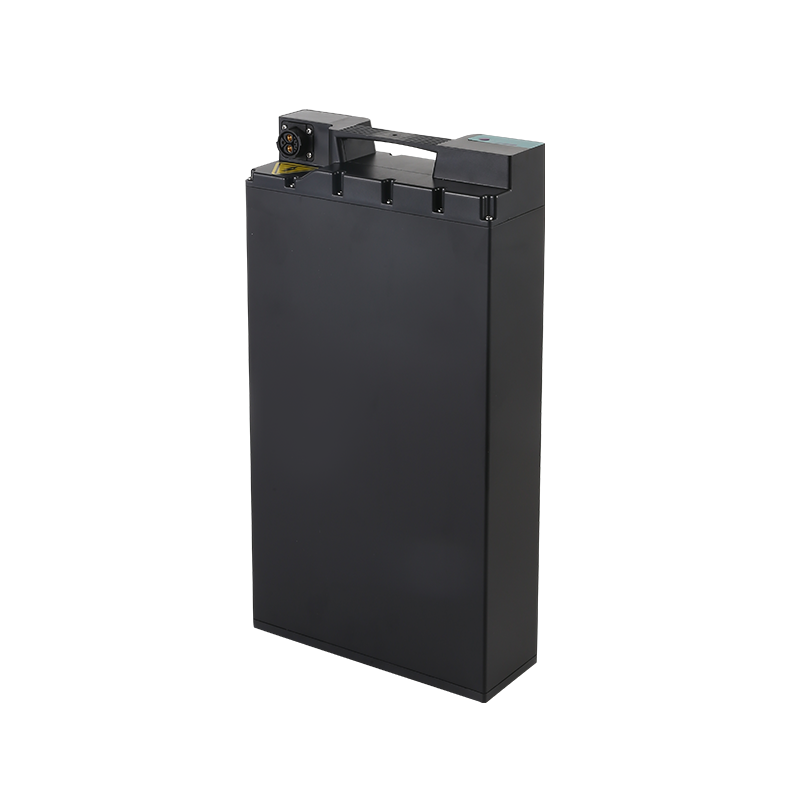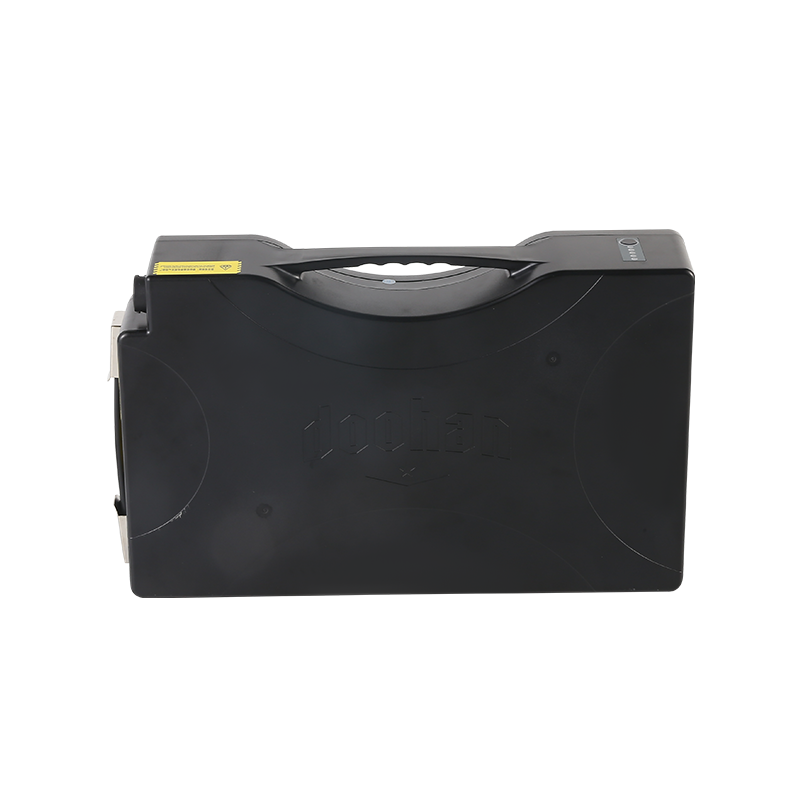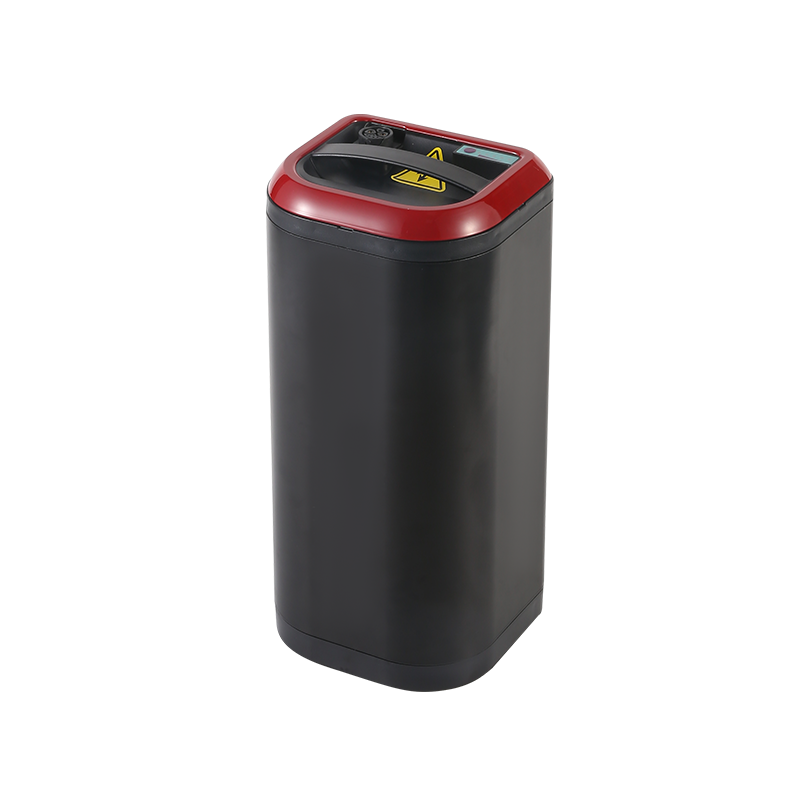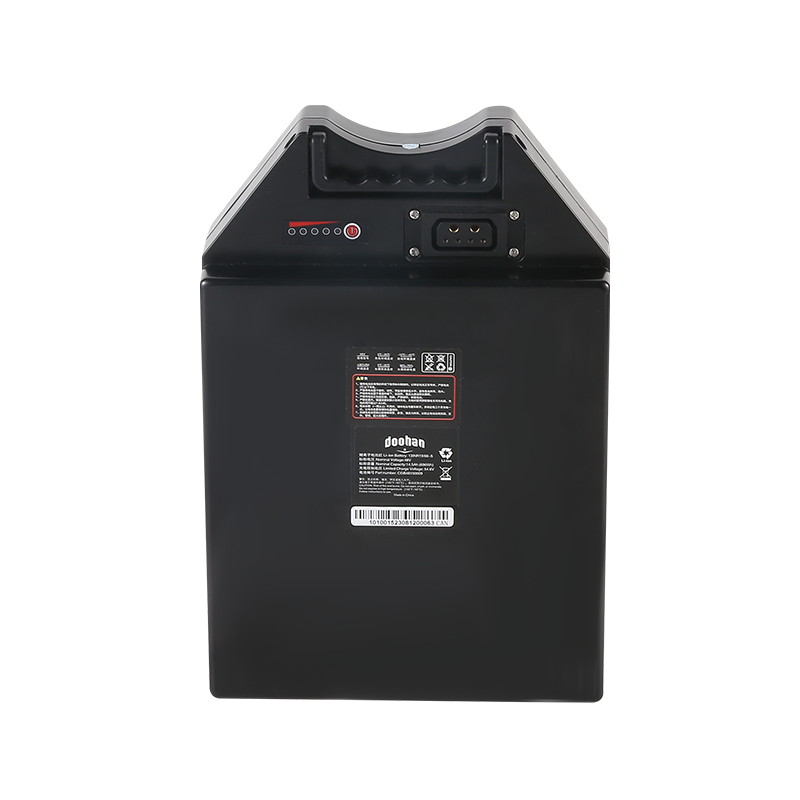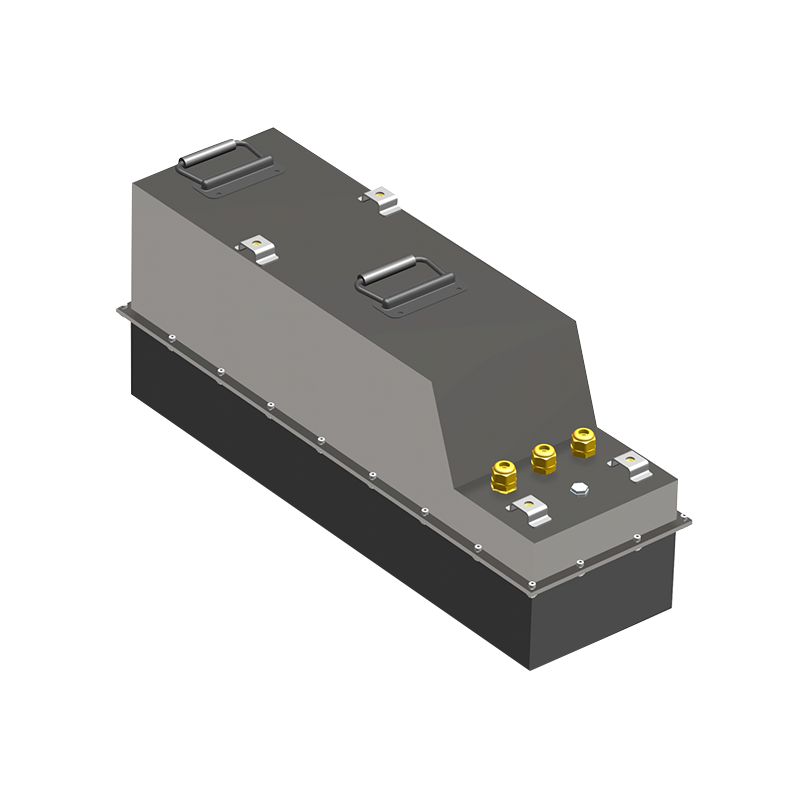Web Menu
Product Search
Exit Menu
E-Motorcycle Battery Advances Electric Mobility
Across global roadways, a significant transition in personal transportation is gaining momentum, driven fundamentally by progressive developments in e-motorcycle battery systems. This essential component represents far more than an energy storage unit—it serves as the technological core that determines the performance, range, and viability of modern electric motorcycles. The ongoing refinement of e-motorcycle battery technology is enabling these vehicles to transition from niche alternatives to practical transportation solutions, reshaping industry standards and consumer expectations regarding what electric motorcycles can deliver in terms of both daily utility and riding enjoyment.
The technical foundation of today's advanced e-motorcycle battery centers on sophisticated lithium-ion cell architectures managed by comprehensive battery management systems. Contemporary e-motorcycle battery designs utilize high-density cell arrangements that improve energy storage within compact dimensions, directly influencing the motorcycle's weight distribution and handling characteristics. The integrated battery management system within each e-motorcycle battery continuously monitors numerous parameters including cell voltage, temperature, and state of charge, ensuring ideal performance while implementing protective measures against overcharging, deep discharging, and thermal bads. This sophisticated oversight allows the modern e-motorcycle battery to deliver the instantaneous power delivery that characterizes electric motorcycle acceleration while maintaining operational safety across diverse riding conditions.
Engineering innovations have substantially improved the durability, thermal management, and user accessibility of the modern e-motorcycle battery. Manufacturers have developed advanced cooling systems—both liquid and air-based—that maintain the e-motorcycle battery within ideal temperature ranges during demanding riding situations and rapid charging cycles. The structural integration of the e-motorcycle battery within the motorcycle's frame has become increasingly sophisticated, with many designs utilizing the battery casing as a stressed member that contributes to overall vehicle rigidity. Practical user-focused developments include modular e-motorcycle battery designs that allow removal for convenient charging, standardized form factors that enable battery swapping systems, and sophisticated state-of-charge indicators that provide accurate range predictions to riders.
The expanding capabilities of e-motorcycle battery systems are influencing riding culture and transportation patterns across diverse global markets. In densely populated urban areas, the sufficient range provided by contemporary e-motorcycle battery units enables commuters to complete daily travel requirements while benefiting from lower operating costs and reduced environmental impact compared to conventional vehicles. The increasing reliability and energy density of the modern e-motorcycle battery has also supported the emergence of electric touring and adventure motorcycles, enabling longer journeys as charging infrastructure continues to develop. This technological progress in e-motorcycle battery performance is gradually addressing range anxiety concerns while attracting traditional motorcyclists to electric alternatives through compelling performance characteristics.
Future development pathways for e-motorcycle battery technology indicate continued progress across multiple technical domains. Research institutions and manufacturers are actively investigating next-generation battery chemistries including solid-state and silicon-anode configurations that promise significant improvements in energy density, safety parameters, and cycle life for future e-motorcycle battery systems. Concurrently, the industry is establishing more comprehensive circular economy approaches for the e-motorcycle battery, developing standardized processes for repurposing, remanufacturing, and recycling that address sustainability concerns throughout the product lifecycle. As global transportation continues evolving toward electrification and urban areas implement policies favoring zero-emission vehicles, the e-motorcycle battery will remain a pivotal technological enabler—powering the two-wheeled transportation solutions that offer efficient, enjoyable mobility while contributing to cleaner urban environments and more sustainable personal transportation paradigms.
-

+86-13049701086
-

Stonehuang@CGONEN.com
-

No.88, Huji Road, Taizhou Bay Binhai New Area, Jiaojiang District, Taizhou City, Zhejiang Province, China


